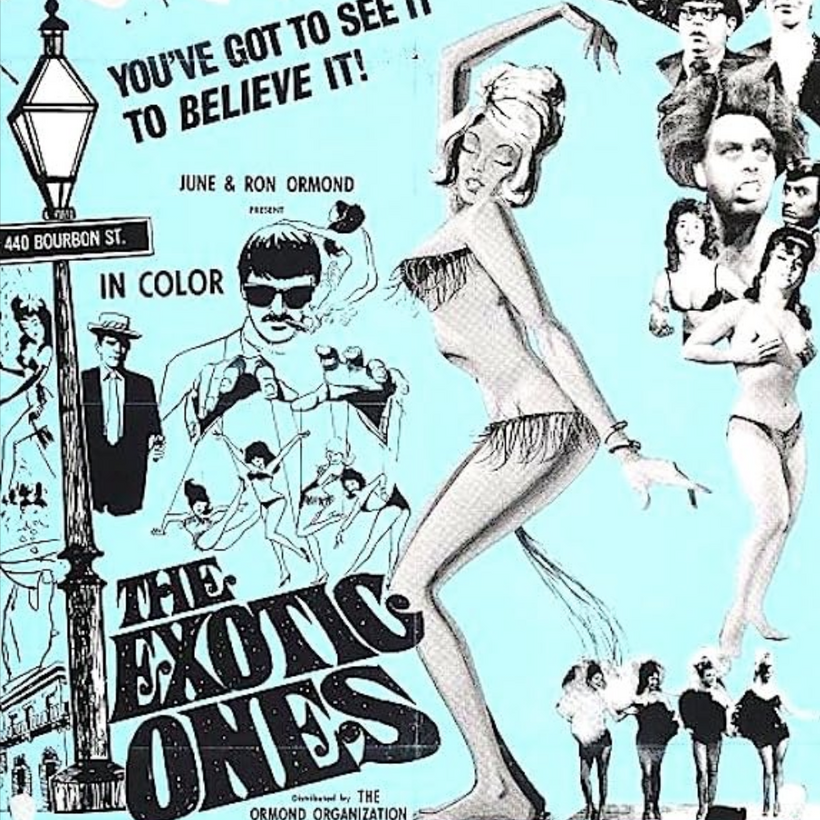“A book nobody wants to publish. The type of project I specialize in,” said Jimmy McDonough of his planned future work in a 2011 interview with the Los Angeles Review of Books. By then he’d already written one-of-a-kind biographies of Neil Young (Shakey), sexploitation legend Russ Meyer (Big Bosoms and Square Jaws), and “First Lady” Tammy Wynette (Tragic Country Queen), the latter two of which were optioned by David O. Russell, though adaptations have yet to materialize.
But it was his debut, The Ghastly One—a heavily personalized portrait of Times Square fringe-dwelling trash auteurist Andy Milligan, published in 2001 while the warts-and-all Shakey was being held up in litigation by Young—that really established McDonough’s proprietary cultural niche. Time magazine hailed it as “a masterpiece,” and cult filmmaker John Waters has frequently cited it as one of his all-time favorites. (From Waters’s blurb for the 2020 re-release: “Andy Milligan is one scary man… this feel-bad book makes me feel good by asking the all-important question, ‘Can a genius be untalented, too?’”)


